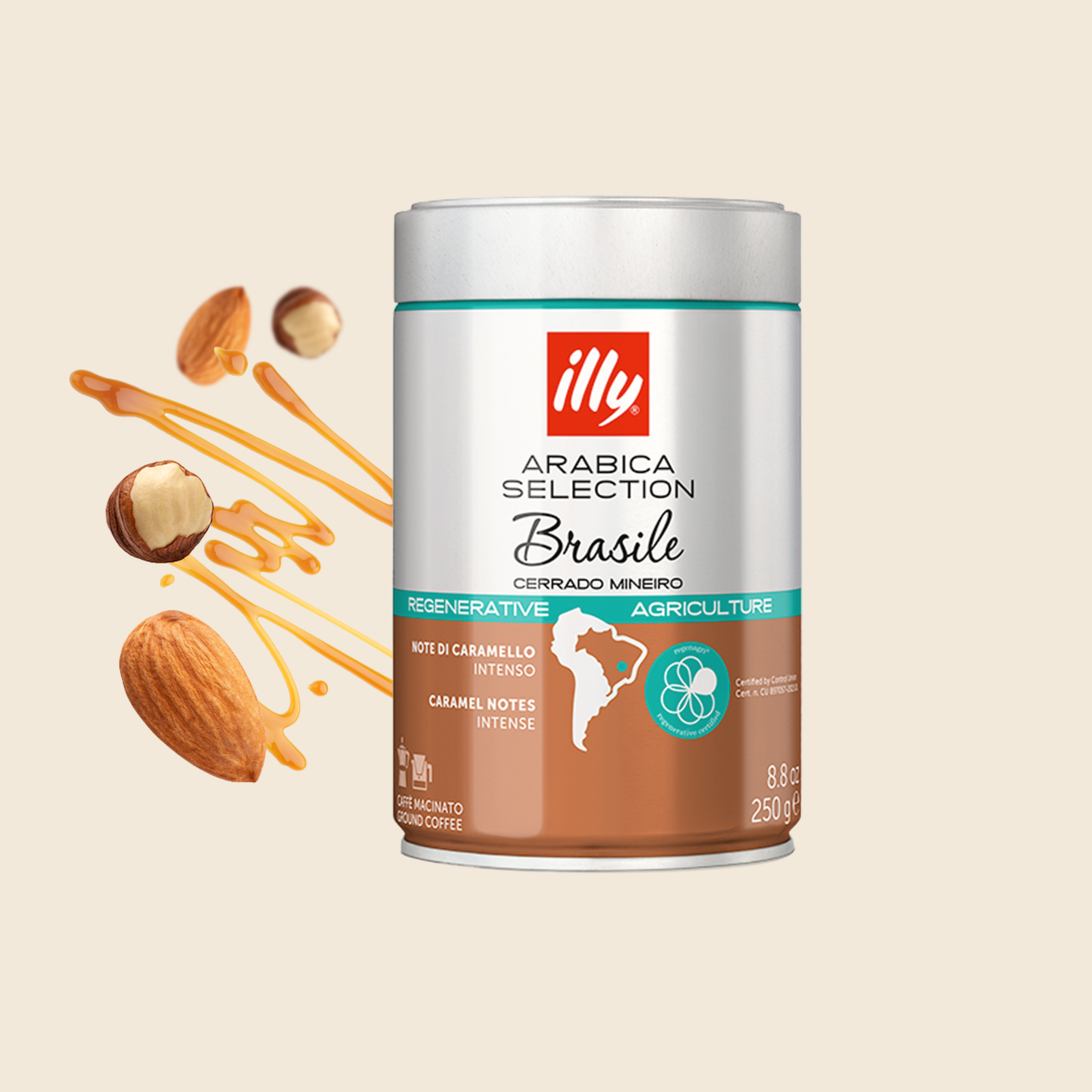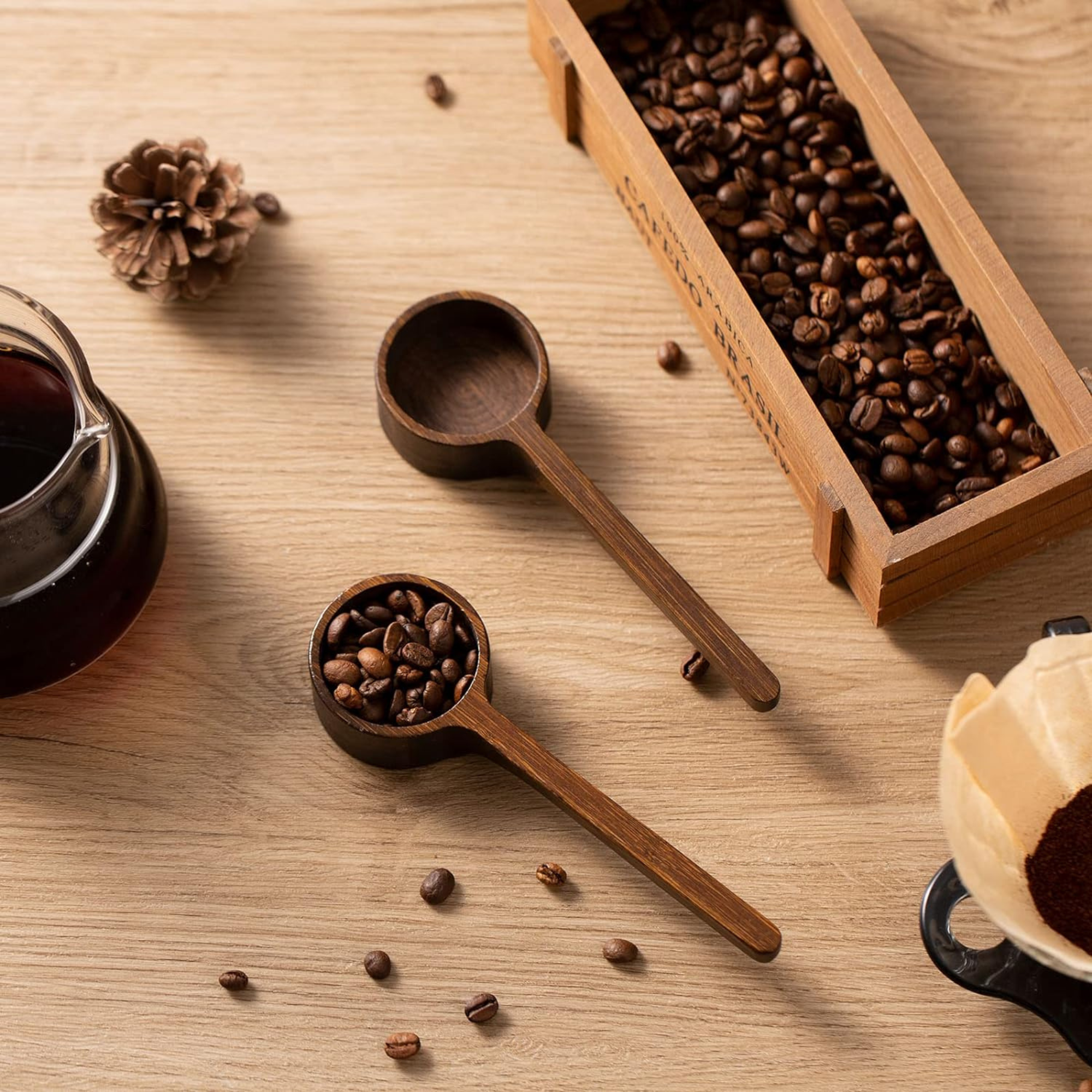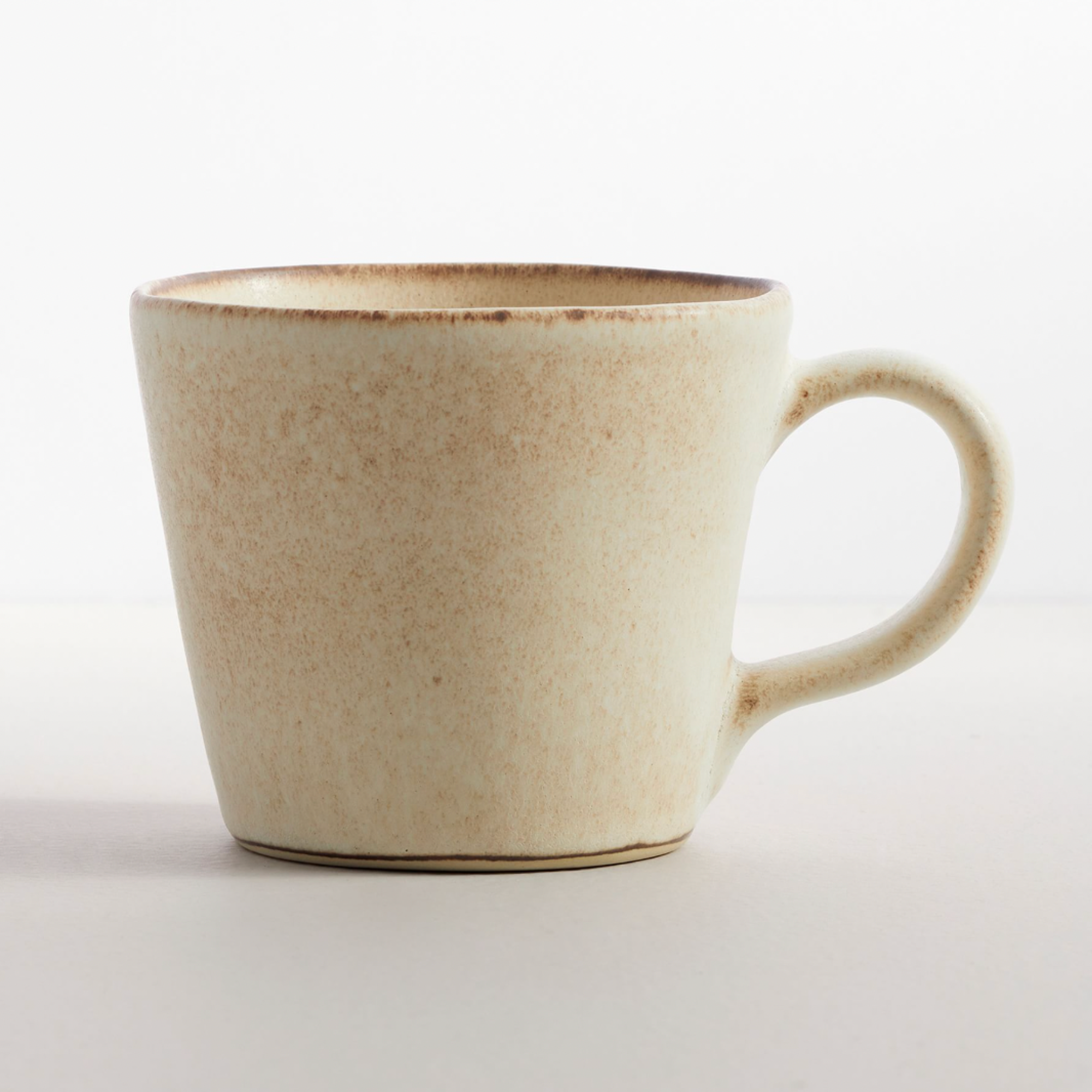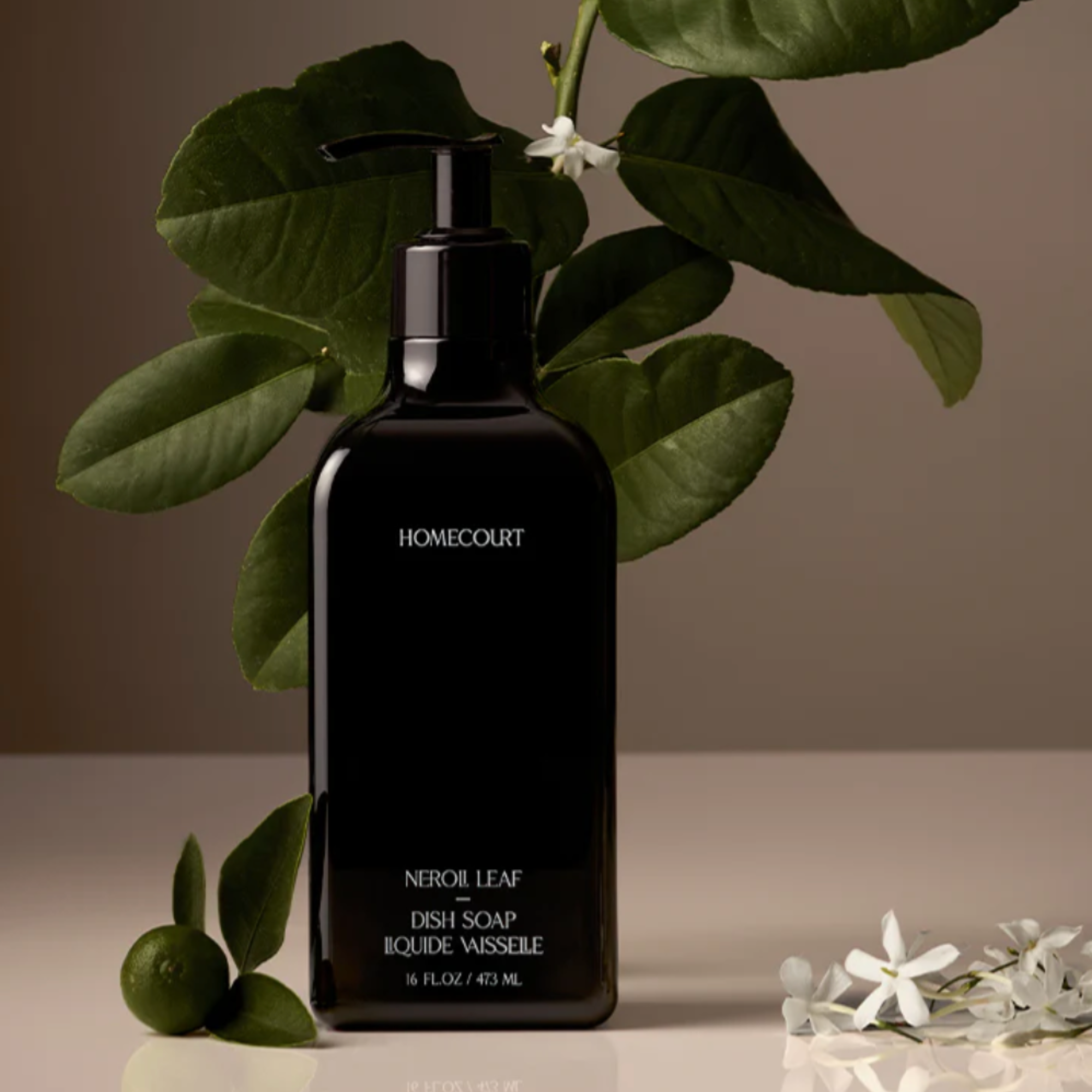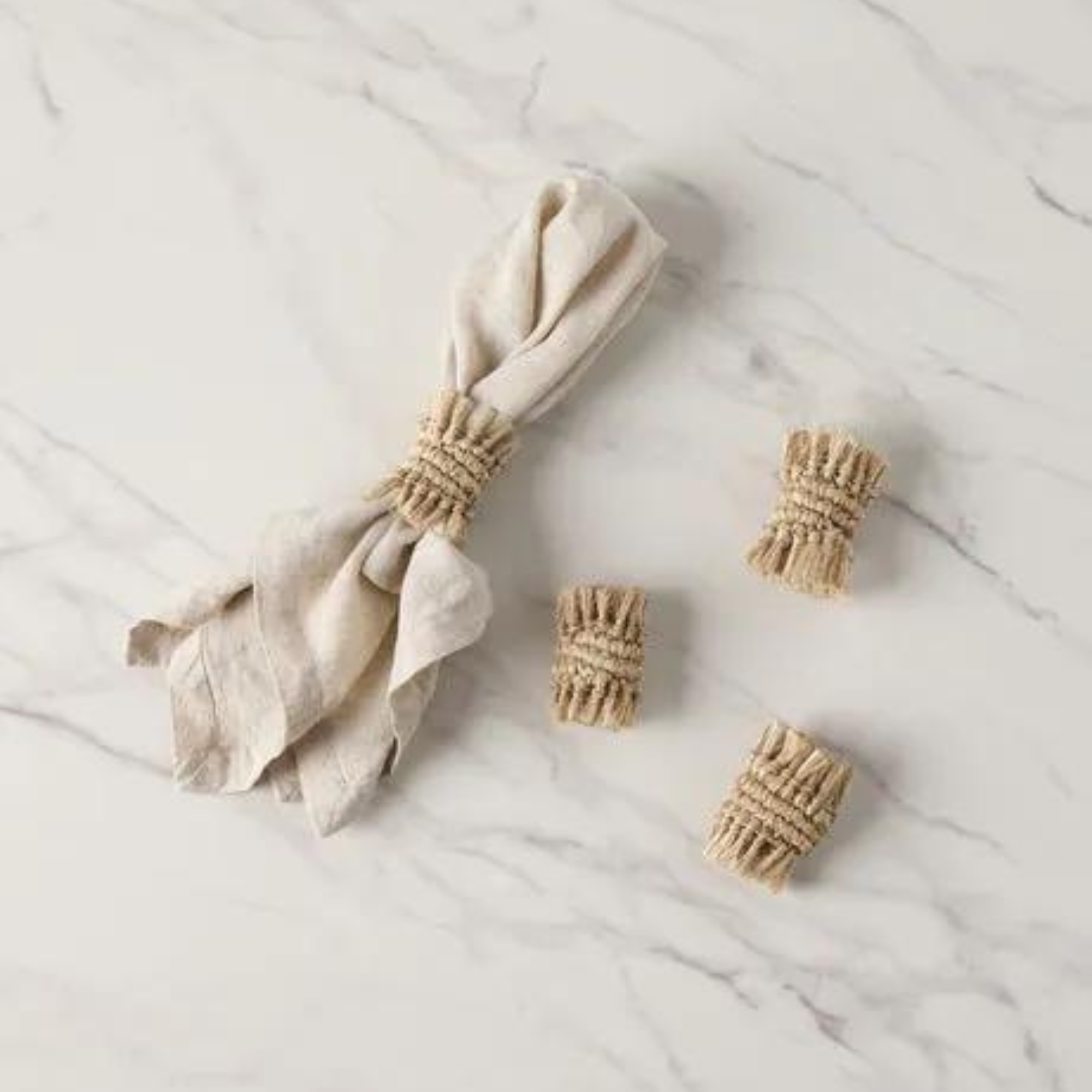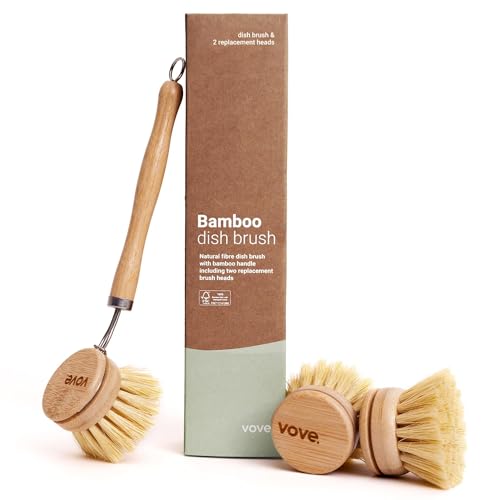I created an 'eco-chic' coffee routine with these small swaps – and it's changed my mornings for the better
Short and sweet upgrades for a more eco-friendly brew
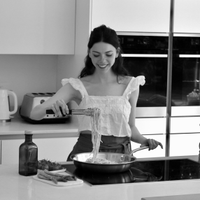
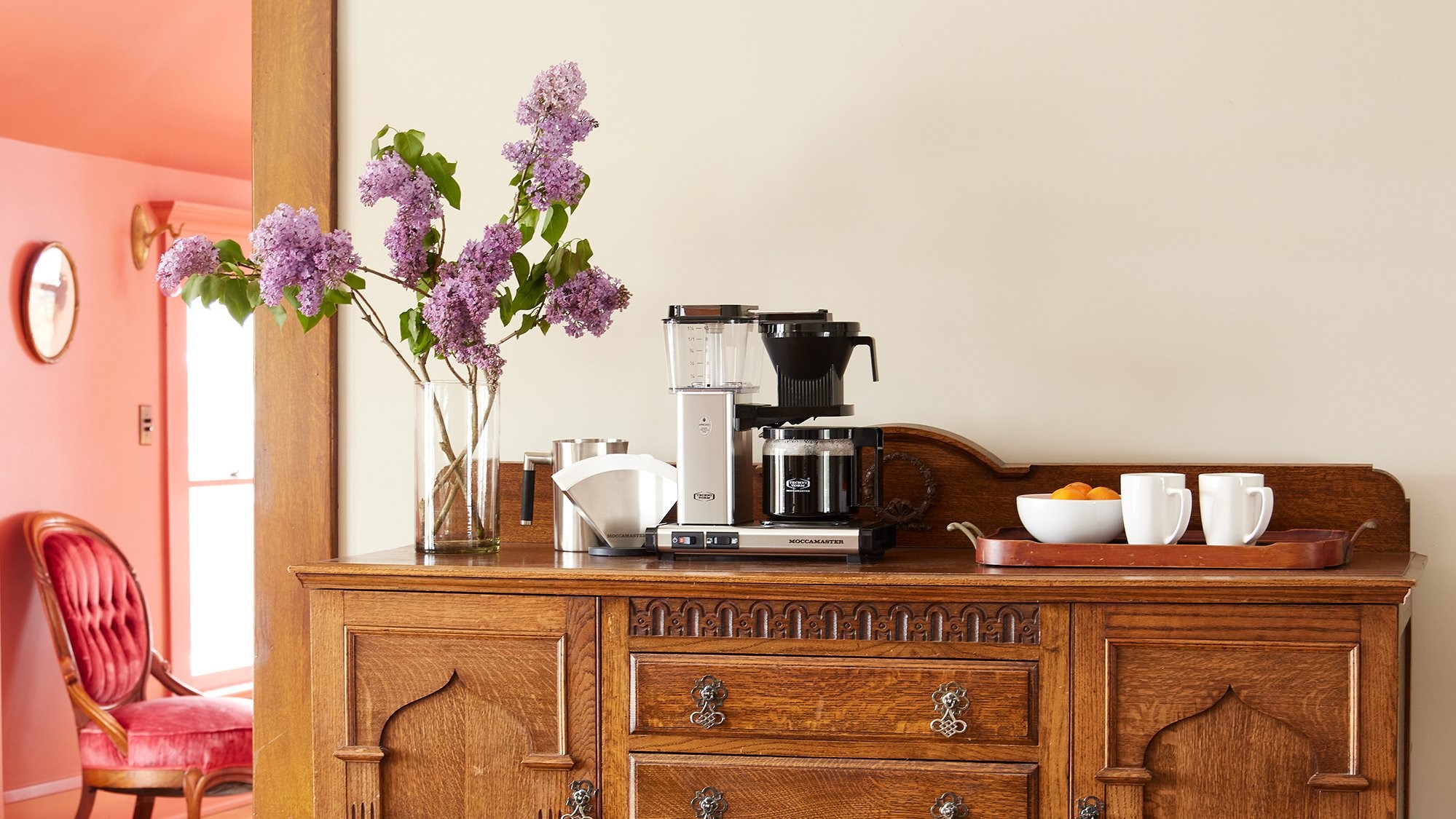
When I was in my teens, I spent a summer in Guatemala, volunteering with a coffee co-operative. I helped sort beans by hand and connected with people who poured passion into every cup.
But once I entered the working world in a busy city, my coffee routine became anything but mindful. My mornings turned into a blur of takeout cups and single-use pods, more focused on getting caffeine quickly than appreciating the process.
Now, I'm starting fresh. I went back to school (specifically Illy's University of Coffee in London) to test the best regenerative coffee, the latest compostable pods, and non-toxic coffee makers – all in aid of switching up my coffee habits for the better.
Here's how I've created a more mindful coffee ritual, with these very small, but very sustainable swaps
The sustainable setup
My 'eco-chic' coffee ritual blends style and sustainability. It starts with freshly-ground regenerative beans, which are spooned into a non-toxic coffee maker or moka pot. I pour the brew into a timeless coffee cup, then stir with BPA-free accessories. I've waved goodbye to plastic pods – there are no single-use items in sight.
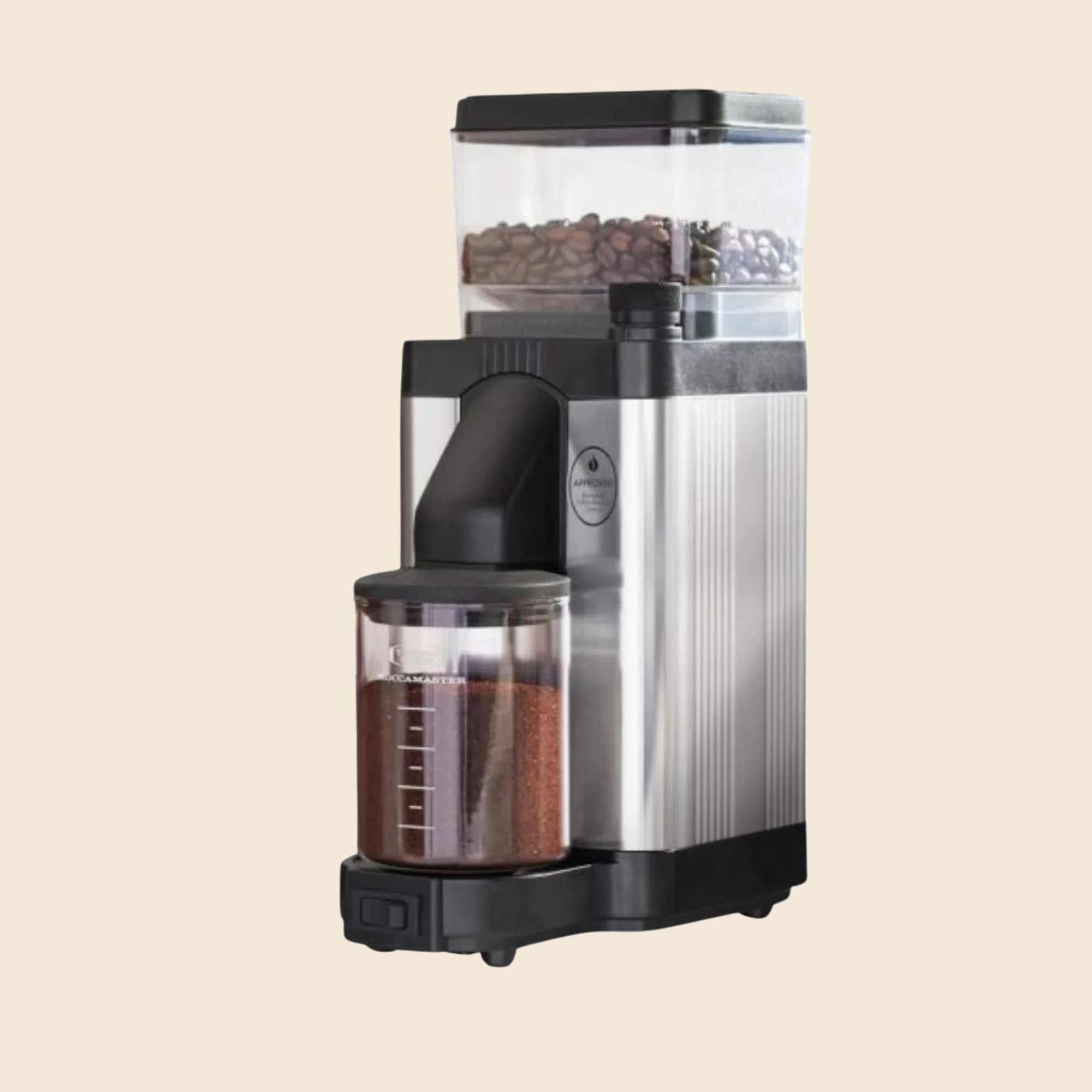
The very finest, handmade coffee grinder from Holland. Recommended by the barista behind our best coffee grinder 2024 guide, this model is mostly made from stainless steel and glass. An item which will last a lifetime.
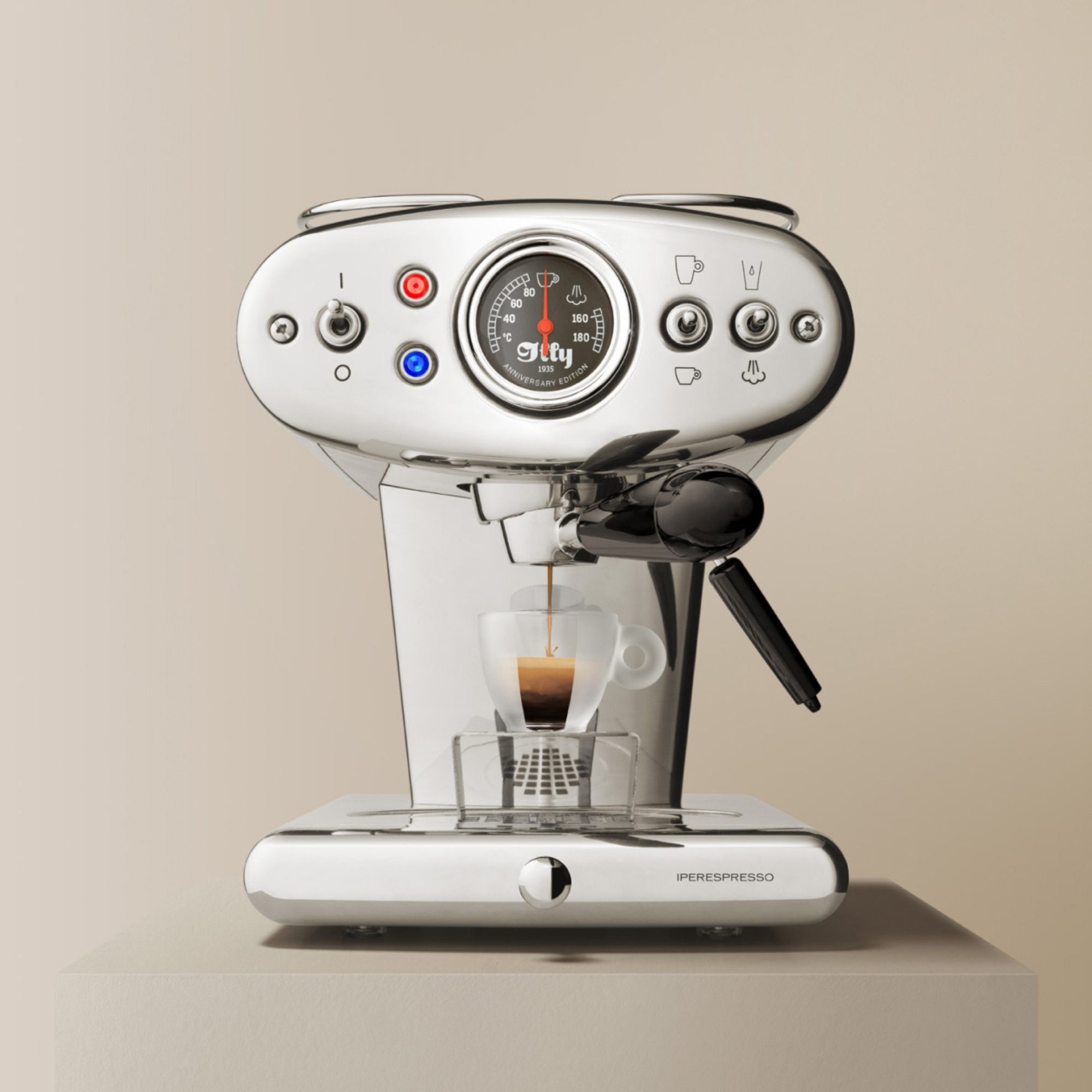
I first fell in love with the design of this stunning machine. Then, I learnt that it's plastic-free and pairs with illy's regenerative coffee grounds and compostable pods. It's sleek, stylish and versatile enough to last a lifetime.
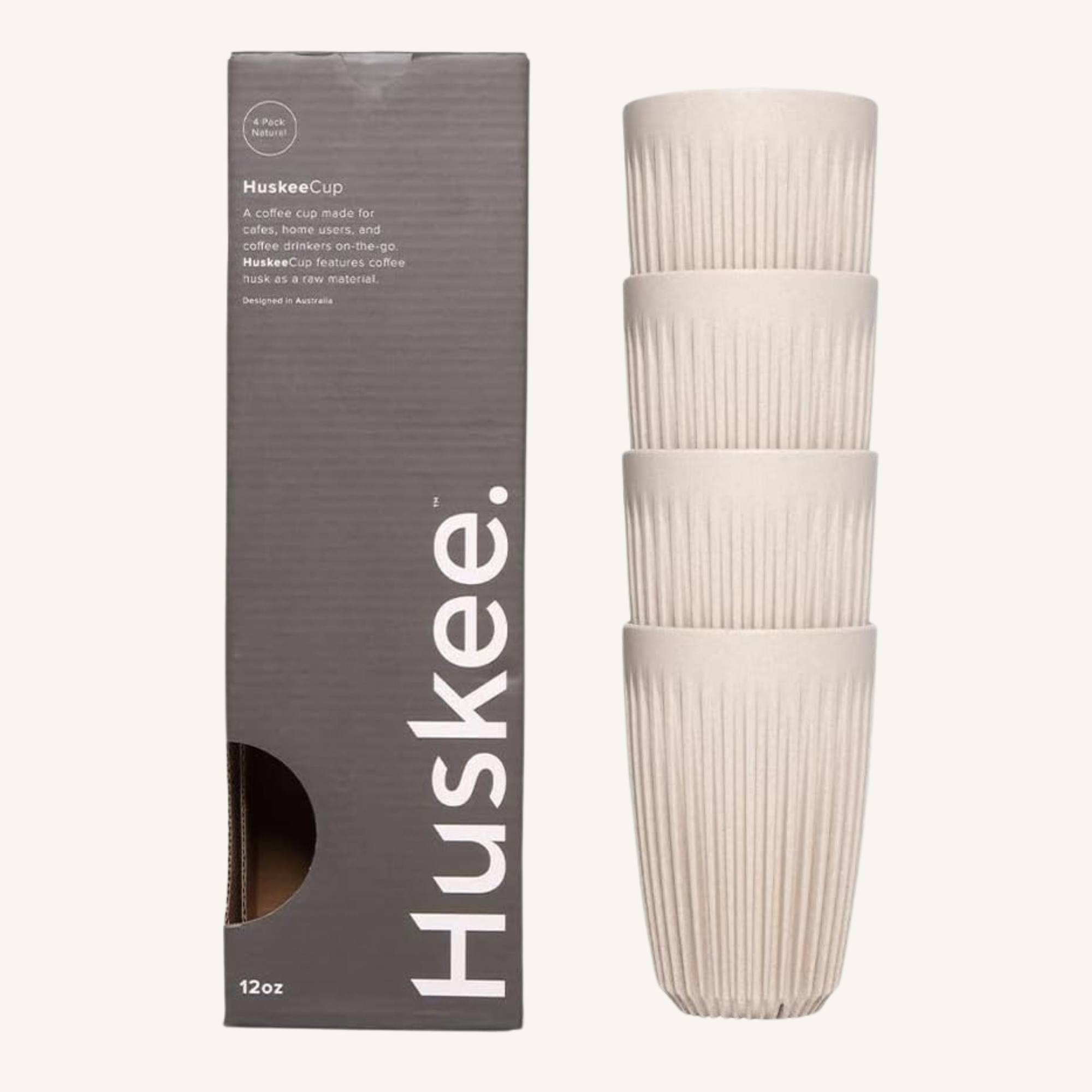
This B-Corp brand repurposes coffee husks to make this travel cup. It's stylish, luxurious to sip from, and it keeps your coffee warm for hours. Naturally, it was voted one of the best travel mugs of 2024.
What is regenerative coffee?
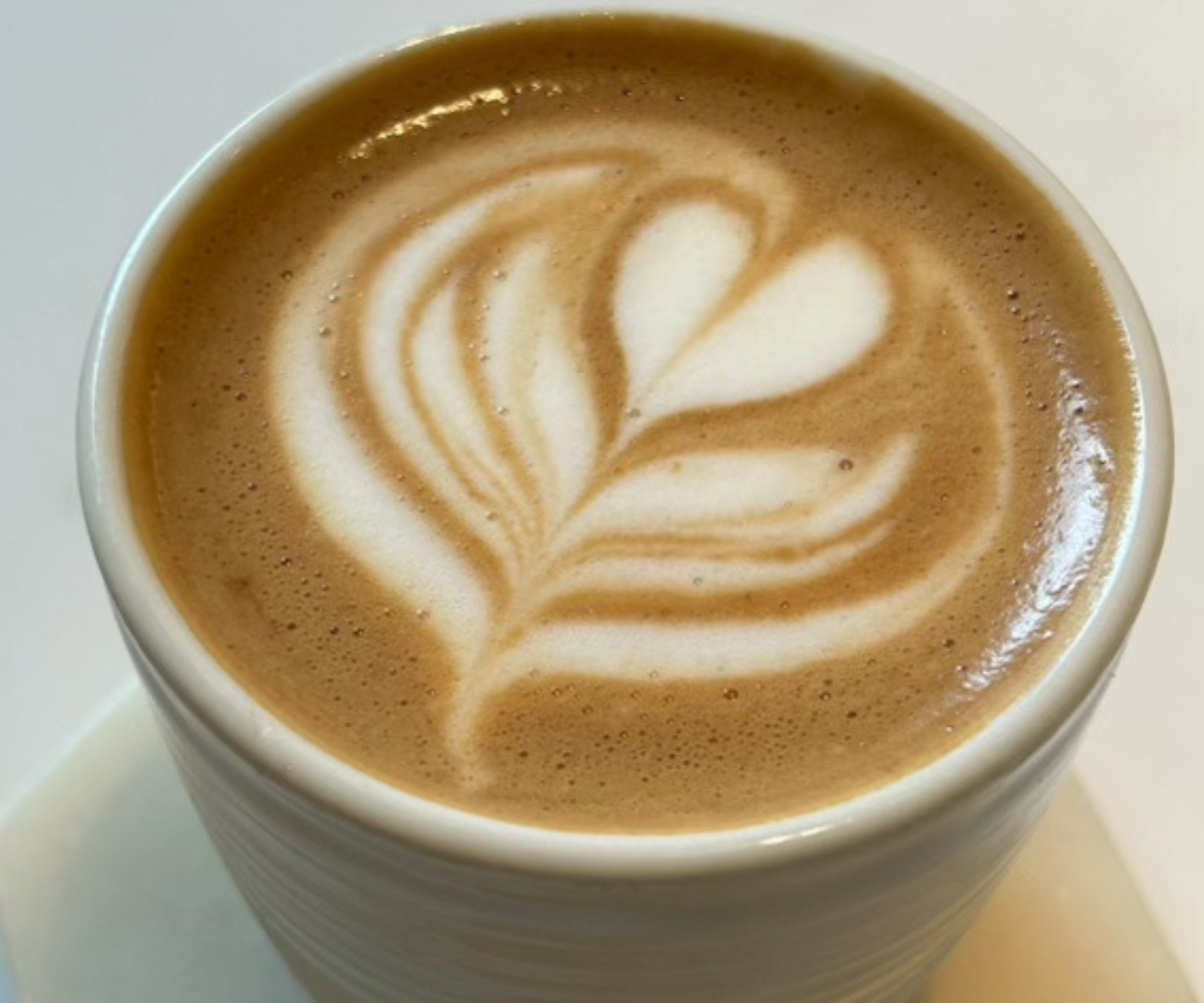
The first step in my sustainable routine was swapping to regenerative coffee. To deepen my understanding, I headed back to school – specifically, illy’s University of Coffee in London – to learn more about what regenerative agriculture truly means and why it’s crucial for the future of coffee.
As the first Italian coffee company to earn B-Corp certification, illy has always pursued excellence. Their signature blend, crafted with beans from across continents, is described as an 'orchestra in a cup' – a perfect harmony of flavors.
Design expertise in your inbox – from inspiring decorating ideas and beautiful celebrity homes to practical gardening advice and shopping round-ups.
But maintaining that iconic blend is becoming increasingly challenging due to climate change. Elena Comanici, Quality & Training Manager at illy, explained the challenges they face. She shared a startling statistic from the FAO: 'Over 33% of the earth’s soils are already degraded, and over 90% could be degraded by 2050.'
In response, illy has embraced regenerative agriculture, a farming method that not only produces high-quality coffee, but also restores and nourishes the land. 'Our quest for excellence has led us to a new approach to coffee-growing: regenerative agriculture,' Elena says. This means illy’s team works to revitalize the soil and restore biodiversity, ensuring long-term sustainability. Their process is certified by regenagri®, a globally recognized partner in regenerative farming.
I had the chance to try their regenerative blend, Arabica Selection Brazil Cerrado Mineiro, and was completely captivated by its rich, caramel notes. Sourced from the top 1% of the best Arabica beans, this coffee doesn’t just taste incredible – it supports the future of coffee growing.
Eco-friendly extras
Since I've started a more sustainable routine, I've aimed for better endings too. I've opted for more eco-conscious cleaning materials to keep my coffee tools in tip-tip condition for years to come.
With some easy swaps, a morning routine can become more mindful and help support the future of coffee for the next generation. My next step? Learning how to use coffee grounds in my garden to revitalize my plants!
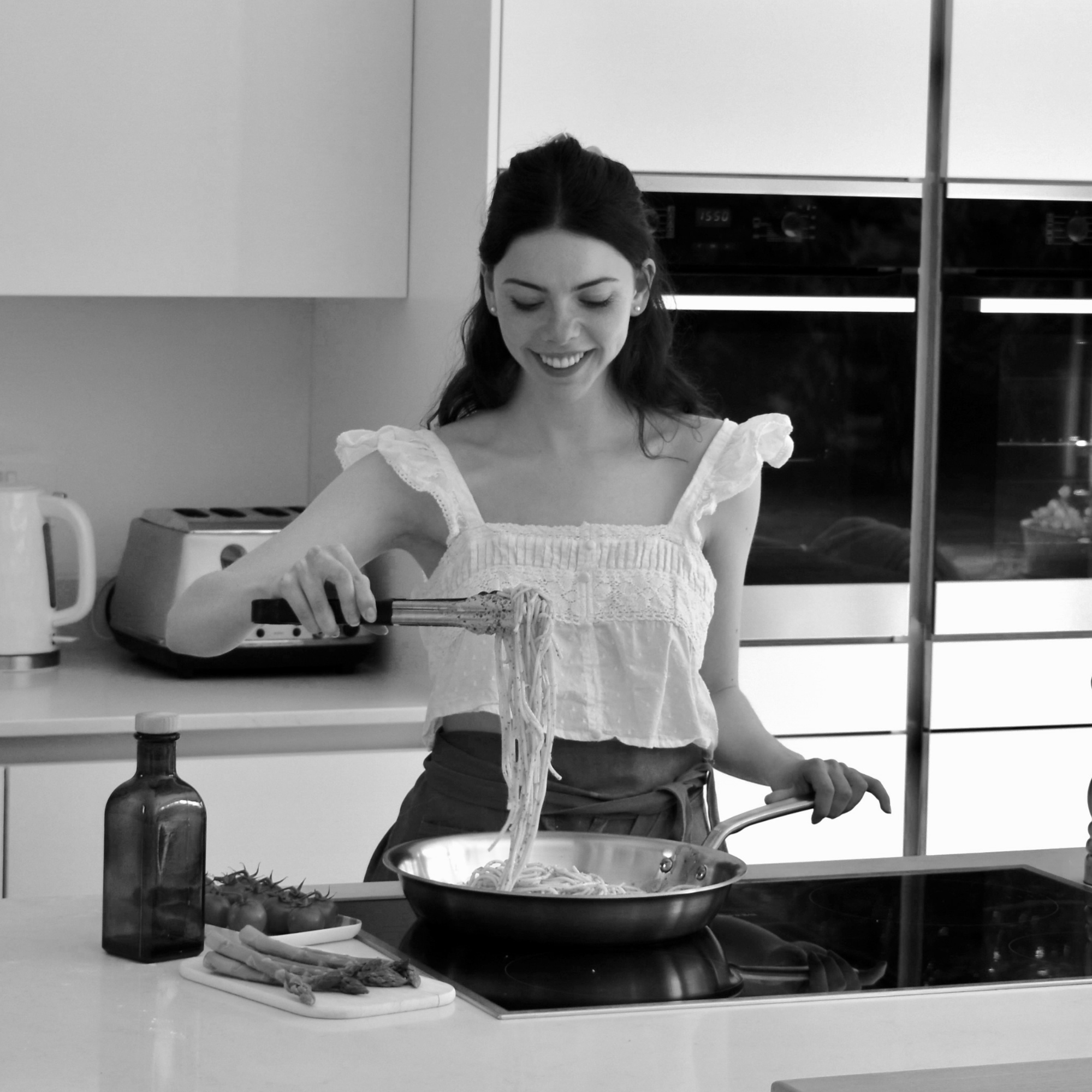
Lydia is the Kitchen Appliances Editor for Homes & Gardens, testing everything from air fryers and mixers to juicers and coffee machines. She trained in Culinary Arts at Leiths School of Food & Wine and previously served as the Recipe Editor for Mindful Chef.
